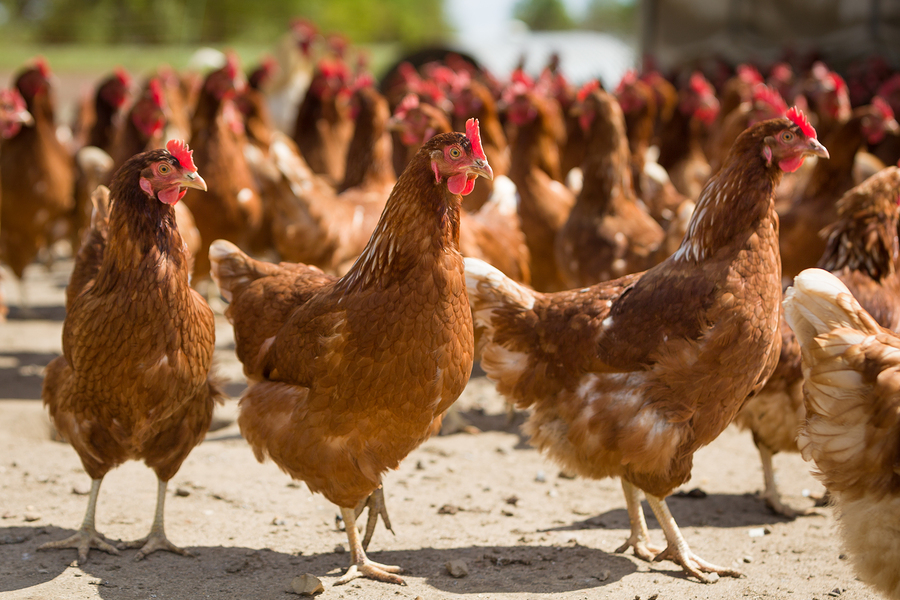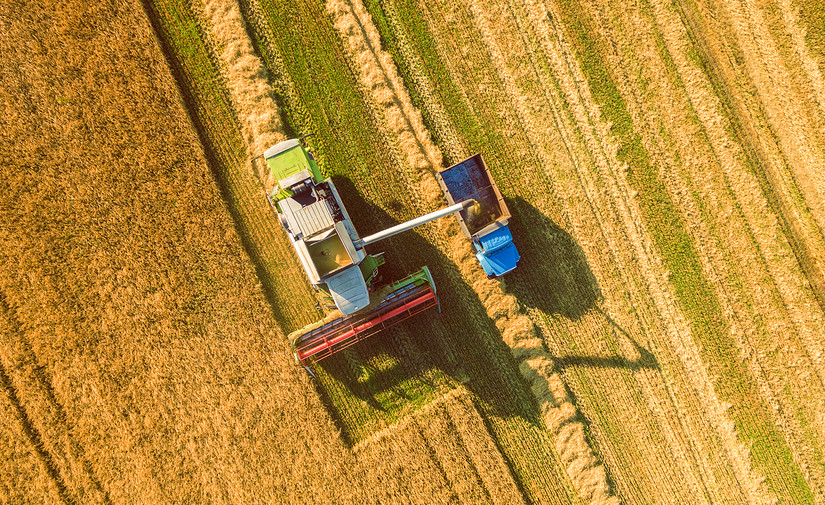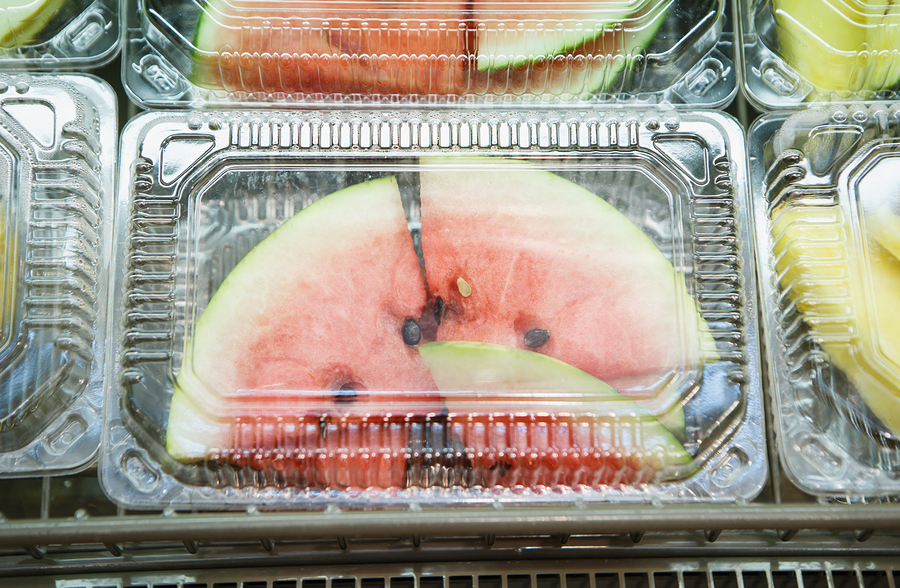Food waste is one of the big environmental issues of recent years, and many of us are more conscious than ever about throwing away otherwise edible food, putting vegetable peelings into the general waste bin, and the associated landfill problem caused by the wrappers from pre-packaged food.
But if you look at the ‘country of origin’ label on those wrappers, you could be in for an even bigger shock when you factor in the distance the food has travelled – in some cases, many thousands of miles, and often by carbon-heavy air freight.
The total carbon footprint of the food we eat can be unnecessarily huge, especially for ingredients like New Zealand lamb, which could easily be substituted with lamb reared within the UK, and often within a very short distance of our nation’s towns and cities.
Eating locally grown food – whether that means meat, vegetables or ingredients like vegetable oil – is the most direct way to reduce the carbon footprint of the food on your plate, but it also has economic advantages.
Better for your neighbours
Transporting food over long distances costs money. When we buy food from abroad, some of the price we pay goes towards covering those costs, meaning less goes to the farmer who actually grew the produce.
Similarly, if we buy more food from abroad, UK farmers are forced to charge a lower price for their goods, or look to export them overseas to where the demand is – and this again means a portion of the pay goes towards transportation costs.
When you eat locally grown food, you inherently shop locally for it, which means you pay less for transportation costs, and a higher percentage of your money goes towards buying good quality ingredients – even if the food costs the same overall.

Where can I eat locally in Leeds?
Leeds is at the heart of Yorkshire, one of the UK’s great farming regions, and there are plenty of places to eat local ingredients – just ask your nearest restaurants and you may find many of them buy their ingredients in from local farms and butchers, and should be able to go into some detail about their provenance.
Farm shops are a good place to buy fresh local ingredients from local farmers, and these include Swithens Farm in Rothwell, Tomlinson Farm in Pudsey, and Swillington Organic Farm for an even broader commitment to environmentally friendly farming.
If you have trouble finding restaurants near you that can prove the origins of their ingredients, try Shears Yard for a seasonal and locally sourced menu, The Greedy Pig on North Street – both in the LS2 postcode area – or Hepworth’s Deli in Thornton’s Arcade, LS1.
In or out?
You don’t have to eat out to eat locally sourced food, and even in the supermarkets, you can often find ingredients from much closer to home just by comparing the labels.
Try to use loose-packed ingredients to cut down on packaging, rather than pre-bagged vegetables and so on; you might even want to avoid putting fruit and veg into plastic bags unless it really needs protecting in your basket or trolley.
Finally, only buy as much loose veg as you need – the carbon footprint and landfill impact of wasted food is a major contributor to the overall environmental damage of what we eat, and by throwing less away, you can be much kinder to the landscape and the atmosphere, no matter how locally your food is grown.

